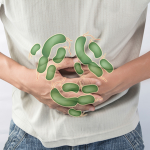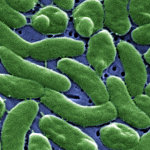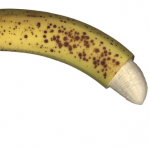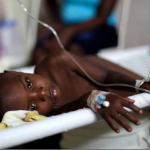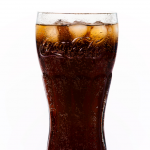In its latest issue of the Morbidity and Mortality Weekly Report, the CDC estimates the worldwide impact that vaccination against measles. The results are both encouraging and breathtaking. What would happen if there was no measles vaccine? Roughly 1.5 million people would die of the disease every single year.
Disease
During a recent monologue Bill Maher instructed America on the importance of knowledge. He's right, of course, but the talkshow host is a rather imperfect messenger: Listening to him is like receiving a lecture from Bill Clinton or Donald Trump on the importance of marital fidelity. Maher's political viewpoint was illuminating, but probably not in the way he had hoped.
With winter approaching, perhaps you or somebody you know will be unlucky enough to catch a nasty "stomach flu" or "24-hour flu," (which will produce some quality time in the bathroom). Now while you will almost certainly feel better within 24-72 hours, here's the catch: There's no such thing as the stomach or 24-hour flu.
Peanut allergies range from inconvenient to potentially fatal. The cause is unknown, but it's likely to involve a combination of immunogenetic and environmental factors. For the latter, research suggests peanut allergies are more common among Westerners, possibly because they eat dry roasted peanuts while Asians eat boiled ones.
Necrotizing fasciitis, which literally translated means "inflammation of the fascia (connective tissue) causing cell death," is the medical term for what's known as "flesh-eating" disease. A recent case that made national headlines involved a man who died four days after becoming infected with the ocean-dwelling microbe Vibrio vulnificus.
The quick and frightening death of a man who contracted a kind of flesh-eating bacterium after cleaning crab pots has made national headlines. Understandably, the public wants to know what causes such a terrifying illness and what, if anything, can be done to prevent it. The media is not helping, but here's some insight.
While there is no known cure for breast cancer, there are genetic tests that can predict it, and genomic tests to help determine the risk of recurrence of some types, as well as which treatments should be most effective. Women should be optimistic about the likelihood that better and better treatments — and cures — will be found.
It used to be that Type 2 diabetes was typically seen in people over 40. But with the obesity epidemic, the age of onset is often lower. A recent study found that bariatric surgery was more effective for both weight loss and remission of the disease in those whose disease had an earlier onset. It provides a good reason not to delay surgery.
As with most politicized topics, science gets quickly drowned out by activists' hyperbole and exaggeration. The American Academy of Pediatrics says that the benefits of circumcision outweigh the risks, though it falls short of giving the procedure a blanket endorsement.
The Council has been given access to the The National Plan for the Elimination of Cholera in Haiti, drafted by UNICEF, the World Health Organization and the Haitian government to develop a new strategy to deal with this crisis. The UN needs to do today -- right now -- what it should have done years ago.
In some circles high sugar consumption, especially from sugar-sweetened beverages (SSB), has been considered to be virtually the root of all evil when it comes to health issues. But a recent study tried -- and failed -- to find a link between high SSB consumption and cancer survivors. Thus any supposed link with cancer recurrence or cancer mortality wasn't supported by this report.
For most of us, our first thought when a new pathogen causes an outbreak is: Will I get it? Epidemiologists estimate how many people will get different infectious diseases, by giving each of them a rank on the scale of how contagious they are. It's called the Basic Reproduction Number.


